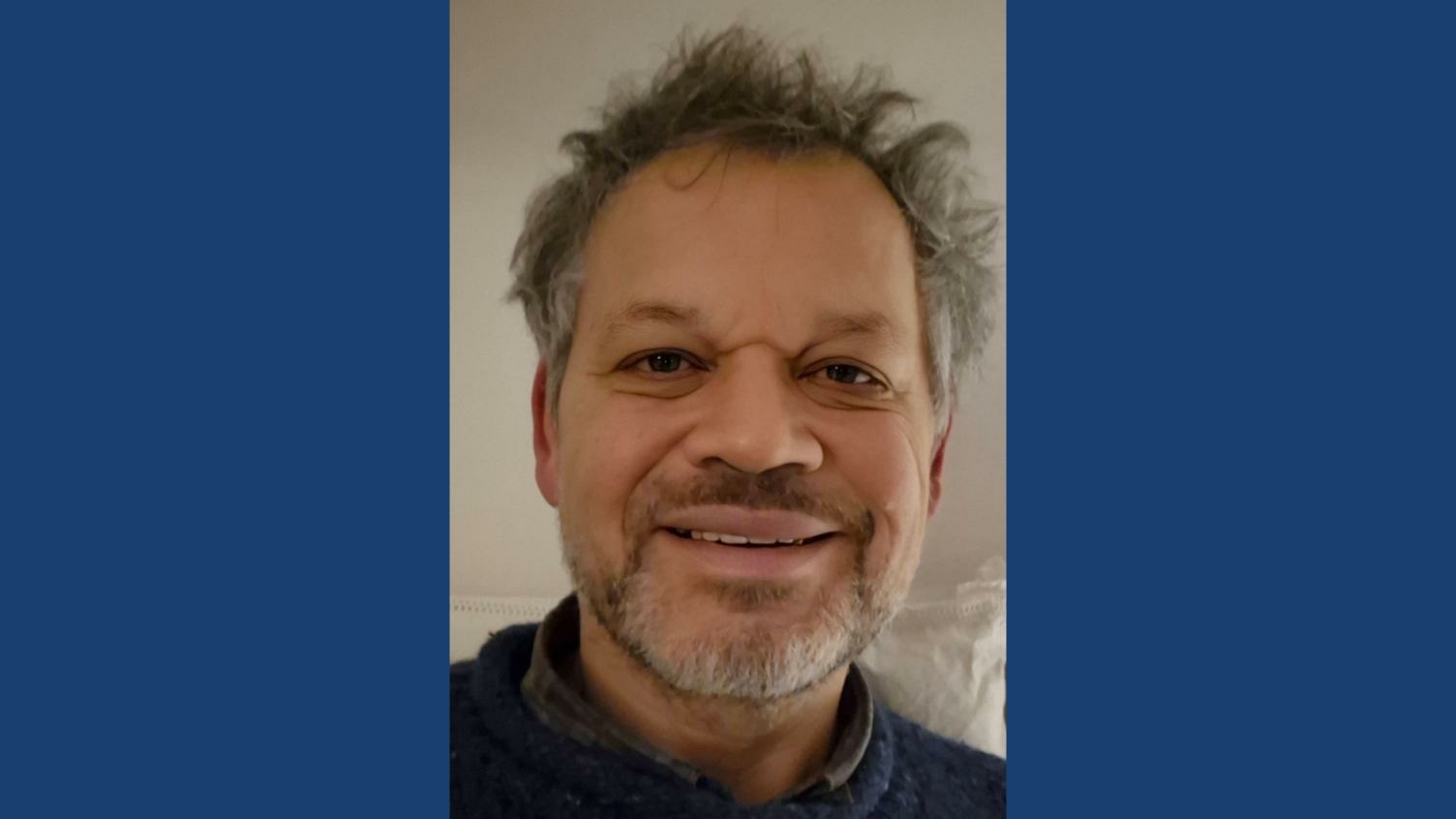Your Path in Research - Public Health research careers
- 9 November 2022
- 4 min read
As the NIHR continues to develop its portfolio in local authority and public health settings, the opportunities for careers in research are expanding in interesting, and sometimes unexpected ways.
This year's Your Path in Research has a special focus on the work the NIHR is doing in the arena of public health. Here we look at how this work is opening up new career paths for researchers.
Until recently, local authority public health careers, and healthcare research careers were two completely different things. Even where public health teams were conducting research, this was seen as completely separate from what the Clinical Research Network (CRN) offers.
But that is no longer the case, as local authorities are now increasingly able to benefit from the CRN's research experience and resources.
This is thanks to a strategic drive by National Institute of Health and Care Research (NIHR) to offer increased support to research being undertaken outside traditional healthcare settings. One of the biggest areas this support has been given is to local authorities' public health programmes, and the development of public health and social care policy.
But beyond that, there is a major impact on researchers themselves, who are being presented with a diverse range of exciting career opportunities that were not so obviously available to them before.
Becky Dilley, CRN Kent, Surrey and Sussex's Research Delivery Manager for Public Health and Social Care explains:
"These days there are so many more routes into research roles, thanks to our increasingly close relationships with local authorities.
"If you're working in public health, there are now many more opportunities to apply for your own grant funding, and get full support from the CRN and the NIHR Research Design Service. At the same time, we are reaching the point where people who have an interest in public health are able to find roles in the CRN, which means researchers who want to work in public health do not necessarily have to be working in a local authority already.
"Furthermore, there are opportunities for embedded roles, and blended roles. Working with the CRN also enables local authorities to act as participating sites in wider national studies, which expands the scope even further."
Making space for research
An important function of the CRN in supporting local authority research is space for learning and discussion.
Teresa Salami-Oru is a Consultant in Public Health at East Sussex County Council. Teresa has a clinical background in nursing, but now works "upstream", in public health making evidence-based decisions to improve quality and length of life, reduce inequalities and shape policies and strategy which have a positive impact on community health outcomes.
Teresa was a recipient of the NIHR Local Authority Short Placement Award for Research Collaboration (SPARC) award in April 2022. As part of her role, she chairs a research group within East Sussex County Council, bringing together colleagues across the local authority and the NIHR.
"The group serves to support local authority research through advice, guidance, and the sharing of good practice," she says. "We also support colleagues to prepare proposals for funding calls or bids for funding. I hope this group will go from strength to strength.
"We are also in the process of developing a 'what good looks like' framework for local authority research practice."
Such spaces, where those developing policy for local authorities, can benefit from knowledge and experience gained in clinical practice is vital to creating a true "research culture" in local government.
Lindsay Forbes, Professor of Public Health at the University of Kent contributes to the CRN's involvement with Kent County Council. She says that councils are on a journey to build research evidence to support their activities and to use that evidence to guide their policy and practice.
"There was a time when research evidence was not a primary concern in clinical decision-making in the NHS - because research culture was patchy and because research evidence was often absent. Where it was available, it was very slow to be adopted into the NHS. Over time, it has become a guiding principle. That is what we want to develop in local government," she says.
"It is about building a sustainable research culture within local authorities, to build the evidence and ensure that policy-making is driven by robust evidence."
The "quick wins" here are to focus on areas that are seen as traditional healthcare focus areas, but in fact, sit within the remit of local authority public health policy. For instance, smoking cessation can easily be linked with health care. But in the not-too-distant future, the remit of NIHR-funded research is expected to expand significantly. Becky Dilley explains:
"Public health research needs to be a major contributor to urban planning, house building and infrastructure projects," she says.
"Congested roads, the availability of childcare, access to green space, these are all examples of areas of public policy that have a significant, yet indirect impact on the health and wellbeing of our communities.
"It is a little more difficult to link these areas to 'traditional' healthcare, but the links are undeniably there."
And that idea - that public health and wellbeing needs to be considered in almost every aspect of public policy-making, means that for researchers wishing to focus on public health, the opportunities are exponential. Research projects in local authorities going forward will require health and care professionals to work alongside a wide range of other disciplines to deliver truly community-focused public policy. This, in turn, means that researchers who can see how healthcare fits into that bigger picture will be presented with an extraordinarily diverse range of opportunities.


